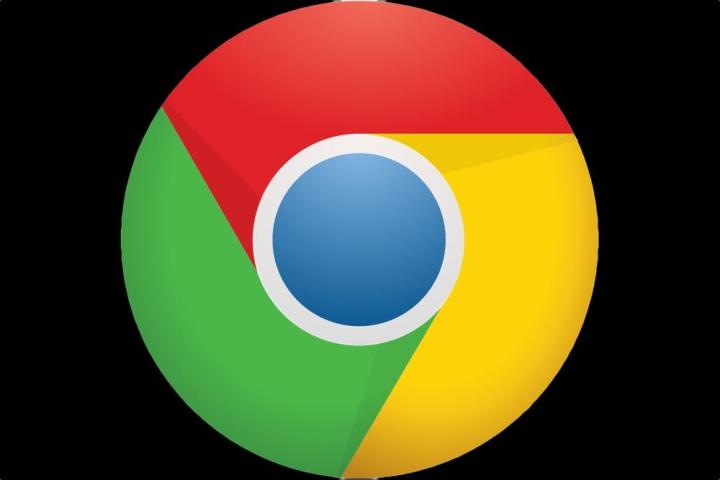
“We would also like to thank all security researchers that worked with us during the development cycle to prevent security bugs from ever reaching the stable channel,” wrote Google’s Alex Mineer, in the blog post.
Google noted that many of the other bugs were detected using AddressSanitizer or MemorySanitizer. It is continuing to encourage users to report any underlying issues that they come across on its Code site.
However, the introduction of Chrome 42 to the stable channel wasn’t all about bugs and fixes. Google went under the hood to enhance stability and performance as well. Chrome 42 includes the new Push API and Notifications API, which are designed to provide notifications to users after they’ve left a specific website. The thought of multiple pop-up notifications may seem obnoxious to some, but Google notes that developers will need to ask for permission to use Push API.
Google may also be attempting to move away from traditional plugins through Chrome 42. Plugins such as Java and Silverlight use an API called NPAPI, or Netscape Plugin API. In Chrome 42, this API is turned off by default. While users can still turn it on if they need to, Google has already stated that it intends to eliminate its support for NPAPI at some point in 2015.
“Based on anonymous Chrome usage data, we estimate that only six NPAPI plug-ins were used by more than 5 percent of users in the last month,” wrote Justin Schuh, security engineer at Google, in a blog post. “Still, we appreciate that it will take time to transition away from NPAPI, so we will be rolling out this change in stages.”
To experience all of the changes that come with Chrome 42 for yourself, you can update the browser on your computer – and if you’re hung up on the plugins news, it might be worth noting that Safari and Firefox continue to support NPAPI.
Editors' Recommendations
- The best resume templates for Google Docs
- Google Drive vs. Dropbox: which is best in 2024?
- Google quietly launches a new text-to-video AI app
- 5 calendar apps you should use instead of Google Calendar
- How to use Google Gemini, the main challenger to ChatGPT


